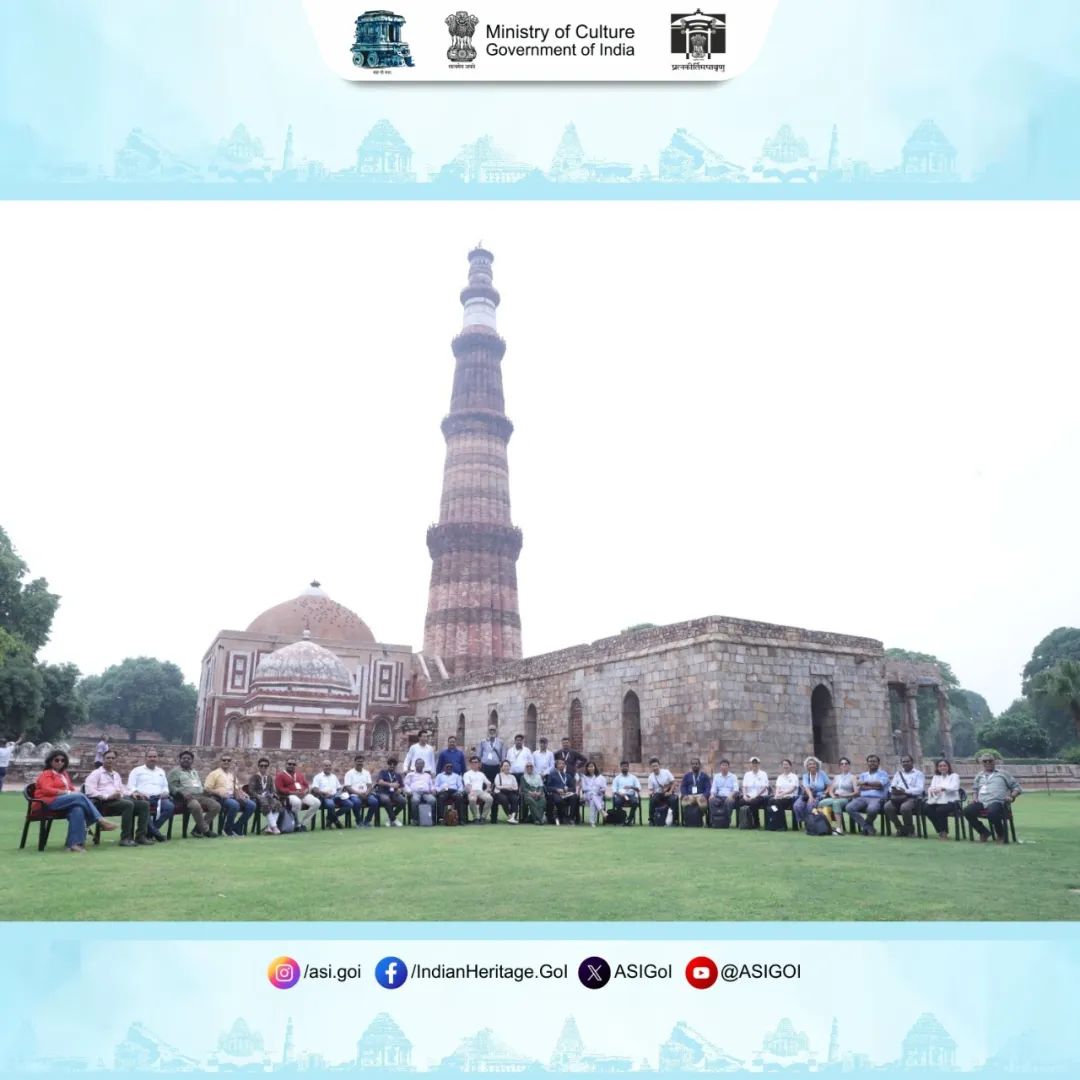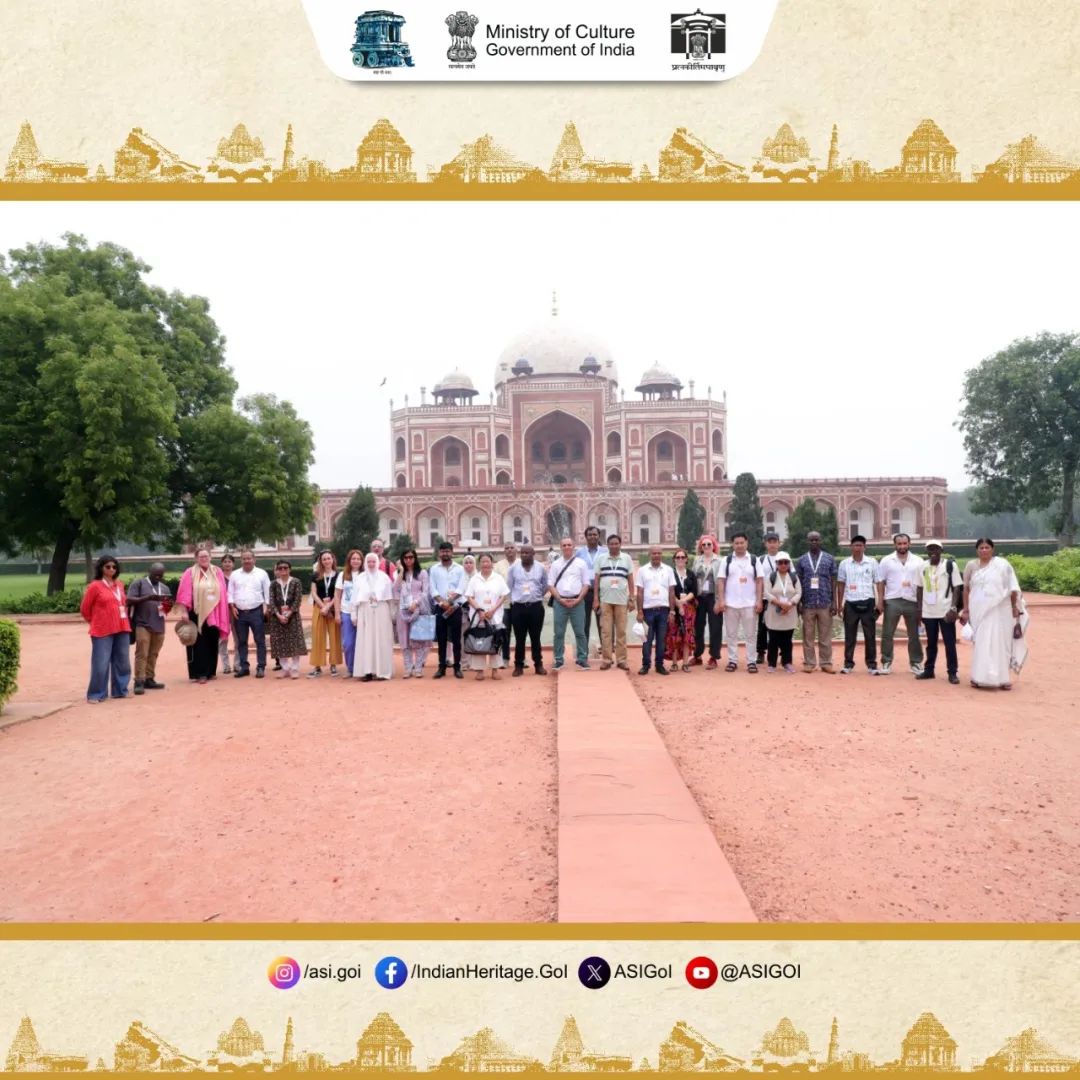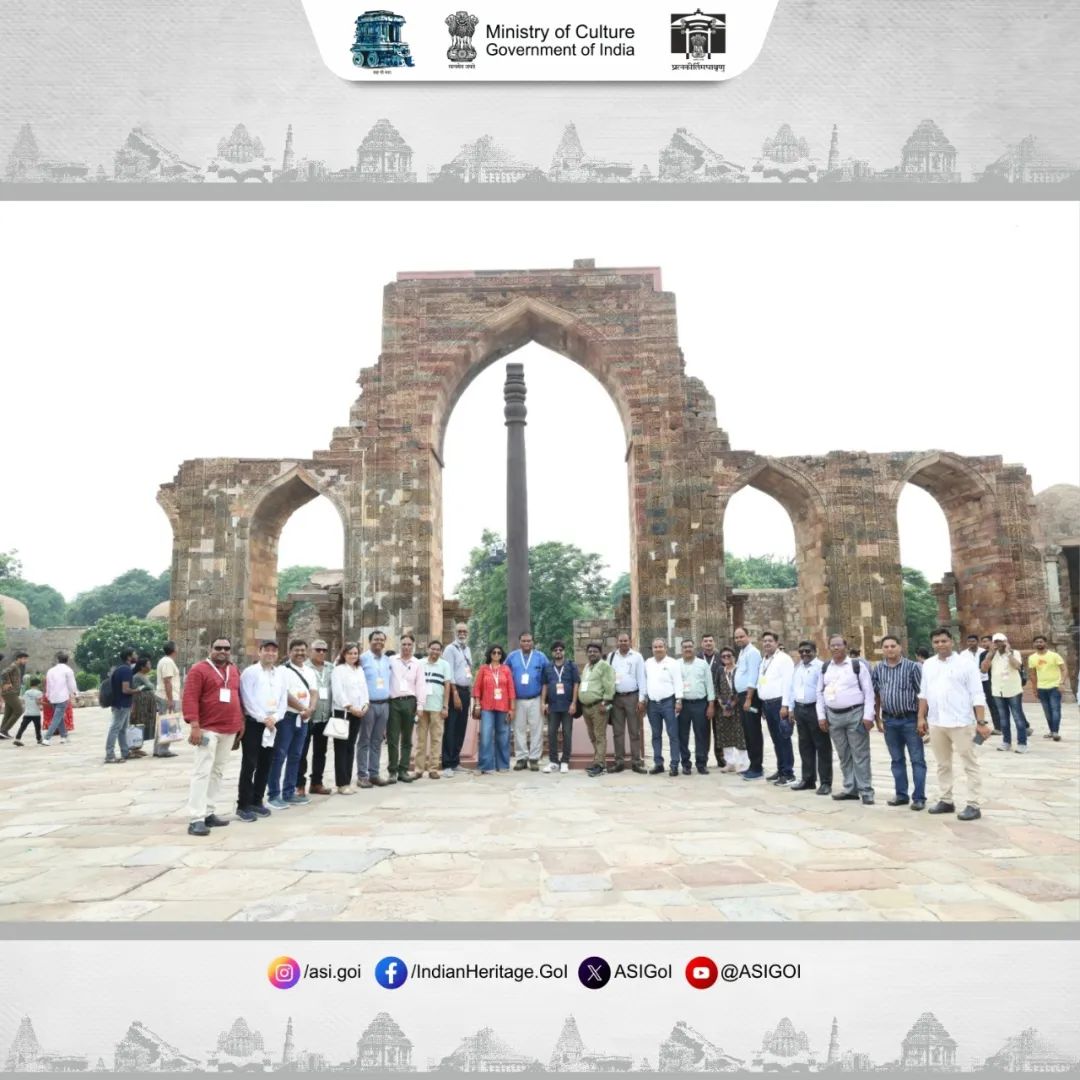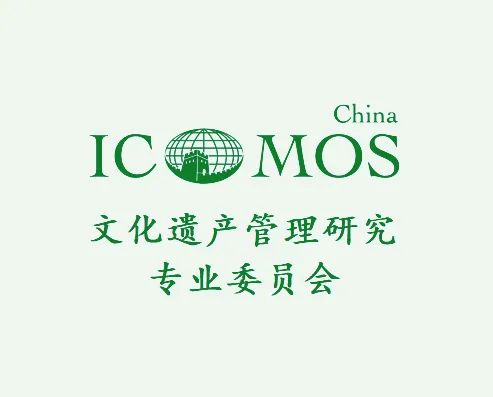
7月23日,第6届世界遗产地管理者宣言在第46届世界遗产大会上正式发布。本届论坛由印度文化部、UNESCO世界遗产中心、ICCROM与IUCN,联合阿迦汗文化基金会和ICOMOS主办,印度考古调查局承办。主题为“遗产与社区:世界遗产地可持续管理的包容性和有效路径”。负责管理位于34个国家的82处世界遗产地的专业人员参加了论坛。在回顾2017年以来历届论坛宣言的基础上,本届论坛宣言再次从多个方面强调了为保障遗产地管理者有效管理和保护世界遗产所需解决的关键挑战和问题。
值得注意的是,本届论坛宣言中正面提及“我们是遗产地管理者”国际论坛(2024年3月于马来西亚槟城举办),是“官方”和“民间”两个论坛之间一个明确的互动信号。本届论坛宣言最后“前行之路”中的重点关切——管理者论坛提出的问题应得到世界遗产大会切实的回应,呼吁缔约国通过国家立法和规划落实《操作指南》的要求,为遗产地管理者赋能,都来自于“我们是遗产地管理者”国际论坛上提出的《乔治城宣言》。(详见文末相关链接)
《第6届世界遗产地管理者论坛宣言》中文版
翻译:尚晋
世界遗产包容性的治理和有效管理需要整体性、以人为中心和基于权利的路径。遗产地管理者呼吁对原住民和地方社区在保护世界遗产及其缓冲区中发挥的作用予以认可。世界遗产因其突出普遍价值得到认可,但蕴含着广泛的其他遗产价值,包括对原住民和地方社区具有重要意义的精神价值。原住民的传统和地方知识对于寻求解决现有挑战的变革性方案,以及克服阻碍有效管理的自然-文化分野是至关重要的。实现负责任的遗产地发展的有效路径还需要推动公平、改变行为模式、可持续生计、基于地方和原住民知识的创新方案,并培育世界遗产地及其周边的创业和经济机遇,使之惠及地方社区。鉴于此,缔约国务必采纳并倡导以多方行动者之间建设性互动为基础的参与式路径。
█ 前行之路
各缔约国应充分采纳《实施<世界遗产公约>操作指南》中关于世界遗产保护和管理的规定,并将其纳入国家法律和规划体系中,为遗产地管理者赋能,使之具备有效管理世界遗产地的条件。
宣言英文全文附后。

Declaration of the 6th World Heritage Site Managers' Forum
in conjunction with the 46th session of the World Heritage Committee
Heritage and communities: inclusive and effective approaches for the sustainable management of World Heritage properties
18-25 July 2024 |New Delhi, India
Preamble
The 6th edition of the World Heritage Site Managers' Forum was organised by the Ministry of Culture represented by the Archaeological Survey of india, the UNESCO World Heritage Centre, ICCROM, and IUCN in partnership with the Aga Khan Trust for Culture and lCOMOS. The Forum brought together 82 professionals responsible for the management of 82 World Heritage properties, located in 34 countries.
The participants extend their gratitude the Government of India for graciously hosting and facilitating this Forum in collaboration with UNESCO and the Advisory Bodies, as well as for the financial support provided to support the participation of 24 World Heritage site managers. Participants also thank the Aga Khan Trust for Culture for hosting the first three days of the Forum at the World Heritage property of the Humayun's Tomb Delhi.
Site managers recall the World Heritage Committee of the previous statements and declarations of the World Heritage Site Managers' Forum that were presented at 41 COM (Kraków, Poland), 42 COM (Manama, Bahrain), 43 COM (Baku, Azerbaijan), 44 COM (Fuzhou, China/Online), and last year, at the 45 COM (Riyadh, Kingdom of Saudi Arabia). These statements highlight key challenges and issues that need to be tackled to ensure that site managers can effectively manage and conserve World Heritage.
Communities and heritage
The inclusive governance and effective management of World Heritage requires holistic, people-centred and rights-based approaches. Site managers advocate for the recognition of the role played by indigenous Peoples and local communities in the protection and conservation of World Heritage properties and their buffer zones. World Heritage properties are recognised for their Outstanding Universal Value and hold a wide range of other heritage values, including spiritual values, important to Indigenous and local communities. Indigenous traditional and local knowledge are essential to find transformative solutions to existing challenges and to overcome the nature-culture divide that often hinders the effectiveness of management efforts. An effective approach to responsible site development would also entail facilitating equity, behavioural change, sustainable livelihoods, local and indigenous knowledge-based innovative solutions, and fostering entrepreneurship and economic opportunities in and around World Heritage properties to benefit local communities. Therefore, it is imperative that States Parties adopt and promote participatory approaches founded on constructive interaction between a wide range of actors.
Commitment of States Parties to recognise the role of site managers
The Forum requests the commitment of States Parties to recognise the roles of 'site managers' and ‘site coordinators’ in their national World Heritage system, with definition of clear mandates that are fully recognized in institutional, legal and regulatory frameworks, and equipped with the provision of adequate financial support and resources to ensure the long-term protection of World Heritage properties.
Strengthening communication across levels
States Parties should support the work of site managers by establishing and strengthening communication between site managers and officials at the international and national levels. National authorities should ensure duly informing site managers about the changes in processes, procedures and resources connected to the World Heritage system. Site managers' concerns should be central in discussions at the international World Heritage arena.
Accessible communication channels between site managers and different actors, including World Heritage Committee, Secretariat, Advisory Bodies and States Parties should be established to facilitate decision-making and effective problem solving.
Addressing major challenges impacting World Heritage properties
Armed conflicts pose significant threats to World Heritage properties, leading to loss of lives, damage and the destruction of natural and cultural heritage. There is the need to enhance the capacities of site managers and local communities to plan and implement emergency preparedness and response measures appropriate to deal with such challenges. The effects of climate change, urban pressures and lack of disaster preparedness are compounding these challenges and hindering site managers' efforts to protect World Heritage properties for present and future generations. International assistance, multilateral cooperation and promoting peace and reconciliation are more important than ever.
Capacity building
The role and responsibilities of site managers have increased in complexity over time, requiring continuous capacity building to strengthen existing skills and acquire new competences. More capacity building actions guidance and tools are needed to actively support sites managers in their efforts to respond to the wide range of challenges faced by World Heritage properties. World Heritage Committee members and States Parties are asked to provide the necessary means to invest in capacity building with urgent priority.
Networks
Over the years, the Forum has become the established space for site managers to meet and exchange, strengthening international and regional networks as can be seen through the We Are Site Managers International Symposium that led to the adoption of the George Town Declaration. Site managers request that the Forum continues to be organised in conjunction with the World Heritage Committee. Furthermore, site managers advocate for the establishment of international, regional and thematic site managers networks where a site manager-led process of improvement by sharing experiences, continuous knowledge exchange can be developed, with diverse mechanisms of collaboration through online and in-person modalities supported by the Convention through adequate means.
Way forward
The concerns raised by the World Heritage Site Managers' Fora should be included and reflected in the relevant agenda items and decisions adopted at the annual World Heritage Committee meetings.
States parties should fully adopt and integrate the protection and management requirements for World Heritage stipulated in the Operational Guidelines for the Implementation of the World Heritage Convention into national legal and planning frameworks to enable and empower site managers to be able to effectively manage World Heritage properties.

本文图片来源:印度考古调查局
相关链接:
文件|首届国际遗产地管理者论坛发布《乔治城宣言》(征集意见稿)

关注文化遗产管理研究

扫描二维码关注我们
及时获取
专委会信息,遗产保护管理理念、知识、案例,保护管理学术成果和实践经验,行业最新资讯。
原文始发于微信公众号(清源文化遗产):第6届世界遗产地管理者论坛宣言发布
 规划问道
规划问道








